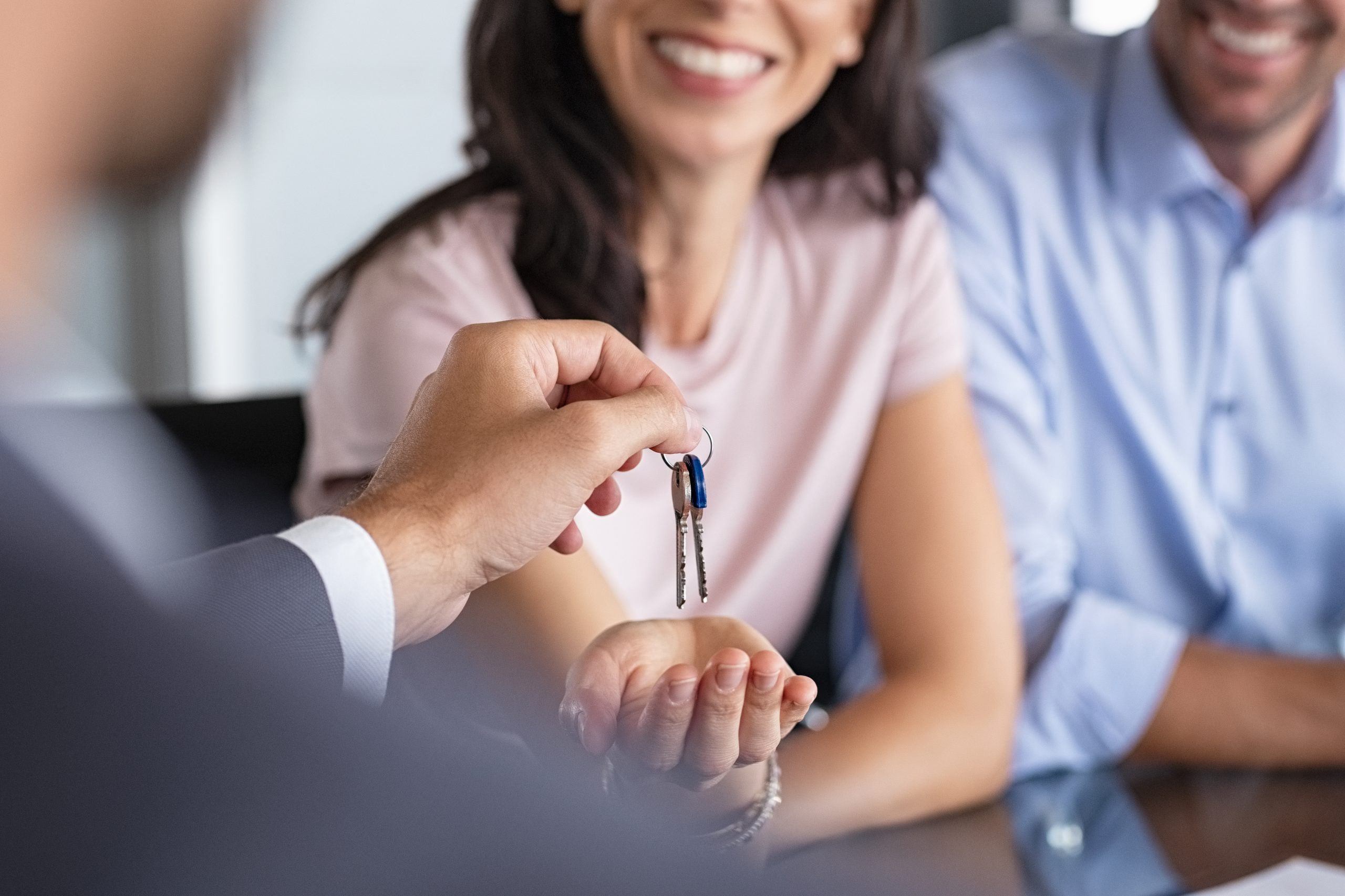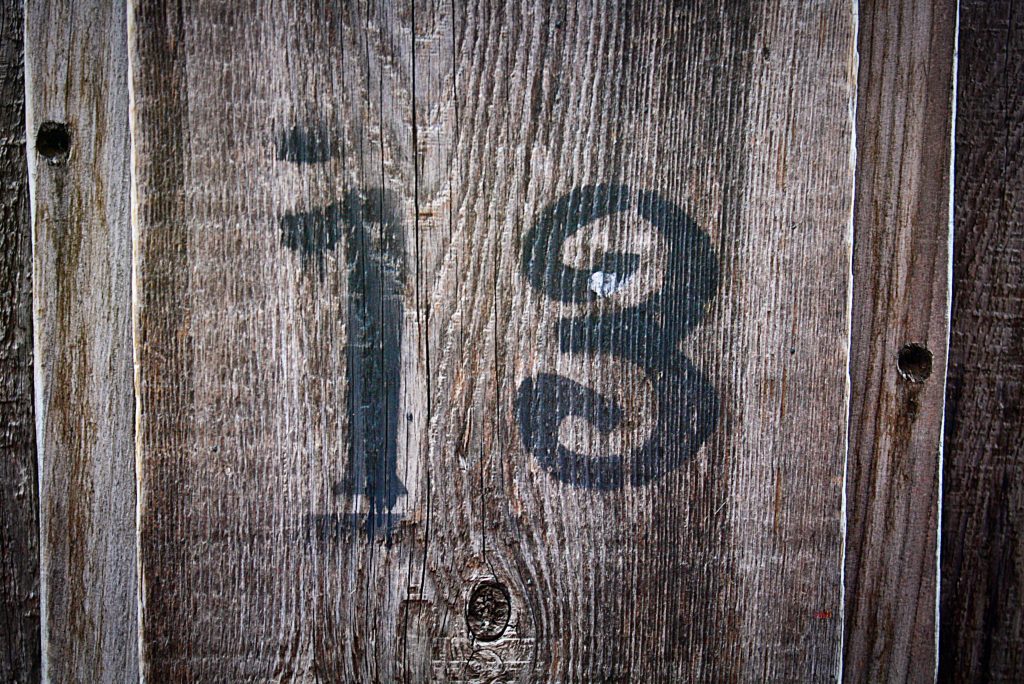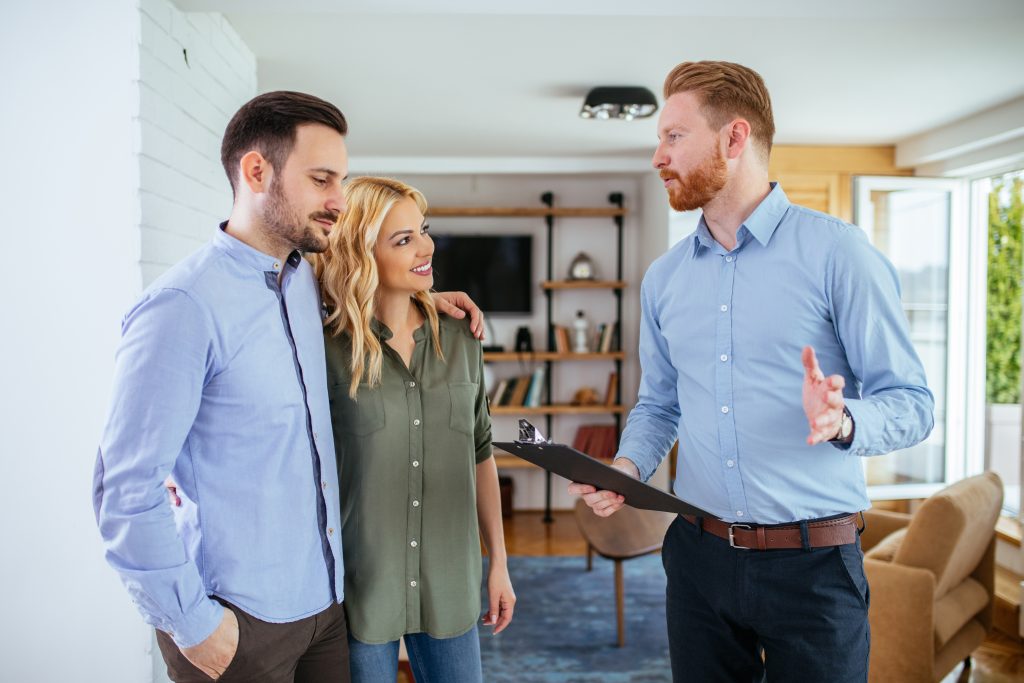
7 Psychological Factors that Affect Home Buying Decisions
There are so many factors that could affect home buying decisions. In addition to details such as price, resale value and location, there are also psychological factors, which stem from people’s emotions.
Here are seven cognitive factors that go beyond new paint on the walls or aesthetics to help investors sell a home.
Emotion
A Commonwealth Bank survey done in 2013 found that 44% of Australian buyers paid more for a property for the sole reason that they “really liked it”.
This proves that, no matter what the reason is, whether someone is buying a house or an apartment to live in, they are still buying a home. They are purchasing a property where they will create memories, which, sooner or later, results in a strong sense of emotional attachment.
How to help your clients keep their emotions in check
There are a few ways to keep emotions in check, such as having your clients set goals on three non-negotiables that the home needs to have. These would be the price, location and number of bedrooms.
When you proactively set their expectation this way, it could help keep their emotions in check, whenever they suddenly fall in love with a property that goes above the asking price, or one that has only two bedrooms instead of the four they’re looking for.
If they’re really inclined to go with that other property because of its “feel-good” factor, try to determine the emotion behind it, and identify whether it can be replicated or re-created in the property you’re selling.
Cultural superstitions

Numbers matter for a lot of people, and they may not be the ones you are thinking of. In some cultures, the numbers on a home can affect whether a property is a good fit for the superstitious.
For example, the number 13 is typically associated with bad luck in some Asian cultures, which is also the same for the number 4, since its pronunciation sounds like “shi” which, in Mandarin, translates to “death”.
In exploring the significance of numbers across cultures, we uncover the intricate web of beliefs that shape our perceptions of the world. Entwined within the fabric of human consciousness, the power of myth intersects with numerical symbolism, exerting influence over decisions and behaviors in unexpected ways.
In this context, Personality-Type.com serves as a guiding light, delving into psychological types and offering insights into how myths shape our thinking.
How to work around cultural superstitions
Working with clients who have cultural superstitions calls for you to have deeper consideration. Try to understand that it may be really difficult for them to dismiss their belief in a “bad number”, or even “feng shui”. Only then would you be able to try to work with their cultural beliefs.
Perceived value
If you’ve got a room painted with a colour that is unappealing to the client, avoid giving reasons like, it could only cost $100 and a few hours for them to have it “fixed”.
Superficial things like these can make homebuyers less likely to buy a house. A newly painted wall can always be perceived as an added value.
How to create the value buyers crave
Keep in mind that buyers are motivated by added value and the feel of getting the most that they can from their seller. If you really want to close a deal and sell your property, you need to appeal to this psychological need by offering as great a value as possible that is still relative to price.
First impressions
First impressions always count, especially when people are looking for a home. Their first experience with the property you’re selling will either leave a lasting impression or not.
According to a study of 63 un-staged homes, the average selling time of property decreased to 40 days after going through a “facelift” or renovation.
How to create a good first impression
You can give your clients a good first impression by appealing to their senses. Try to dress the home with a welcoming experience by adding small touches, such as fresh flowers or lighting some scented candles.
A home that tells a story
A buyer’s logical side of the brain will be inclined to study numbers, technical specs, history, potential resale value, etc. However, storytelling is a powerful medium to appeal to their psychological consideration. This means that they are more likely to respond to romanticised stories of the home’s previous owner or the location where it is built.
The secret to storytelling
Get to know the property’s history by collecting a few stories for reference. In that way, you can sell it convincingly to your buyers.
Social proof

Selling a home is a business built on relationships and trust; thus, it calls for social proof, which is the key to leveraging most buying decisions.
How to create social proof
Ask your previous clients to leave you a review on your social media channels, or write a few testimonials for placement on your website.
The ideal lifestyle
Buying a home also means committing to a new lifestyle. That said, if a buyer is interested in properties by the beach, they are likely to be looking for an active lifestyle where they can take morning walks along the beach, an afternoon surf or weekend brunch at their favourite local café.
How to sell a lifestyle and a home
Get to know the history of a suburb more than the technical specs of the property you’re selling. Study the area well; know its best local restaurants and schools, or find out if there is a nice spot to take a walk on nearby.
If you’re looking for an investment property that could resonate well with these psychological factors, Preferred Homes can provide you with the perfect home—whether from our existing home-and-land packages or by custom-designing a new build. Call us today on 0408 788 351.



